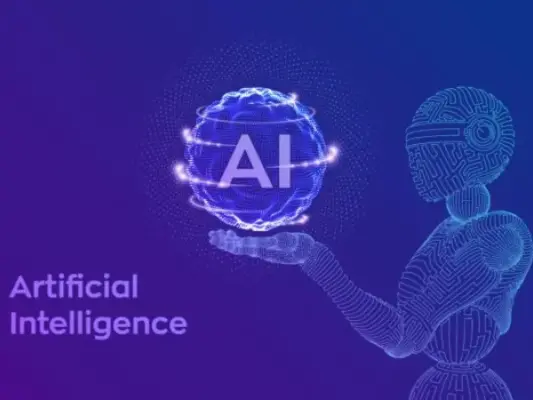
Artificial Intelligence (AI) has propelled us into an era brimming with possibilities, both exhilarating and daunting. From ChatGPT crafting intricate narratives to DALL-E generating stunning digital art, AI’s capabilities are captivating. Yet, beyond these consumer-facing applications lies a vast realm of untapped potential. In the realm of digital marketing, AI is reshaping strategies, offering insights, and driving customer engagement to unprecedented heights.
The Current Role of AI in Digital Marketing
AI, harnessing algorithms and data, simulates human intelligence to produce desired outcomes based on user input. In the realm of digital marketing, AI serves as a versatile toolkit, augmenting campaigns, SEO management, and strategies to yield superior results while minimizing effort.
Platforms like HubSpot integrate AI-based tools for email marketing, lead capture, scoring, and analytics, empowering businesses of all sizes. Moreover, AI permeates various marketing domains, including content personalization, social media management, and workflow automation.
The applications of AI extend far beyond marketing, impacting industries like autonomous vehicles and digital healthcare. As AI becomes integral to business processes, companies must grasp its significance in driving growth and innovation.
Enhancing Customer Engagement through Personalization
AI empowers marketers to deliver personalized experiences by analyzing user behavior and preferences. Dynamic customization of content, recommendations, and other tools enables businesses to engage customers more effectively.
Studies reveal that personalized experiences drive revenue growth, yet marketers struggle to maintain such precision amidst expansive campaigns and global reach. AI mitigates this challenge by automating personalization across marketing platforms, from email marketing to e-commerce recommendations.
Empowering Data-Driven Decision-Making
AI excels in navigating extensive datasets to extract actionable insights, enabling marketers to optimize campaigns and resource allocation. Unified data from various sources, analyzed through algorithmic tools, offers comprehensive insights into customer interactions and behaviors.
Real-time data processing allows marketers to respond swiftly to market changes and deploy solutions promptly. Long-term benefits include monitoring competitors’ activities, tracking market trends, and optimizing ROI through AI-driven attribution models.
Ethical Considerations in AI Digital Marketing
As AI’s role in marketing expands, ethical considerations become paramount. Marketers must uphold user privacy, secure explicit consent, and maintain transparency in data utilization to avoid breaching ethical boundaries.
Ethical AI fosters trust and credibility, ensuring that marketing strategies respect individual privacy and promote fairness. Unethical practices, such as data misuse or invasive targeting, can damage brand reputation and erode consumer trust.
Integrating AI into Your Marketing Strategy
AI’s accessibility in digital marketing presents new opportunities for enterprises. Systematic integration begins with outlining clear objectives and identifying critical data touchpoints to achieve them.
Whether streamlining content generation or optimizing ad spend, AI-driven strategies require careful planning and ethical implementation to maximize effectiveness and foster long-term success in the digital landscape.